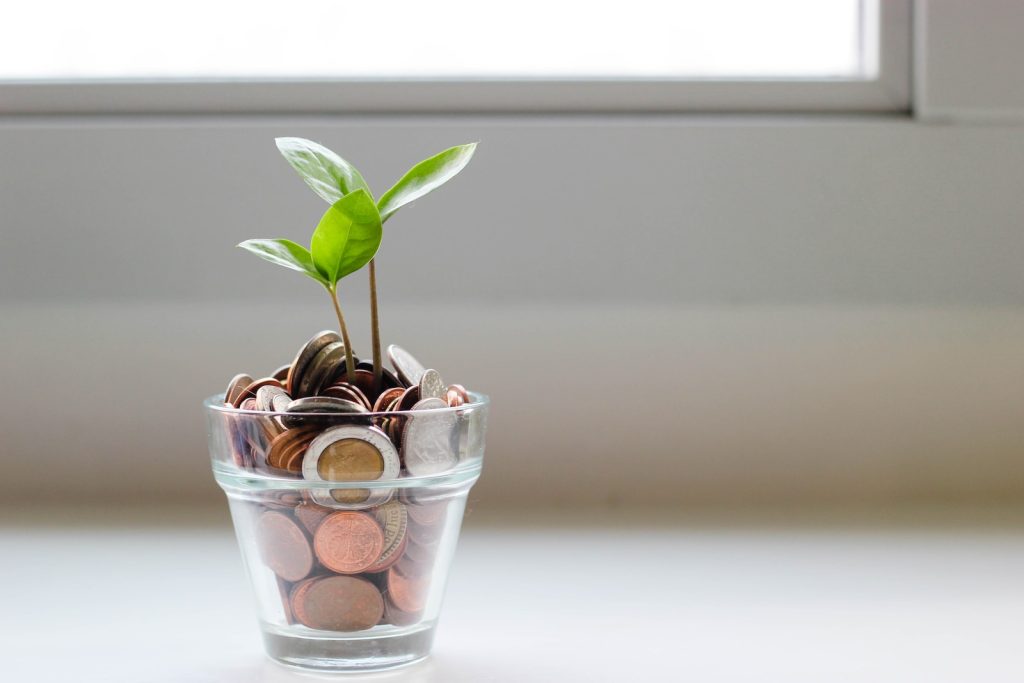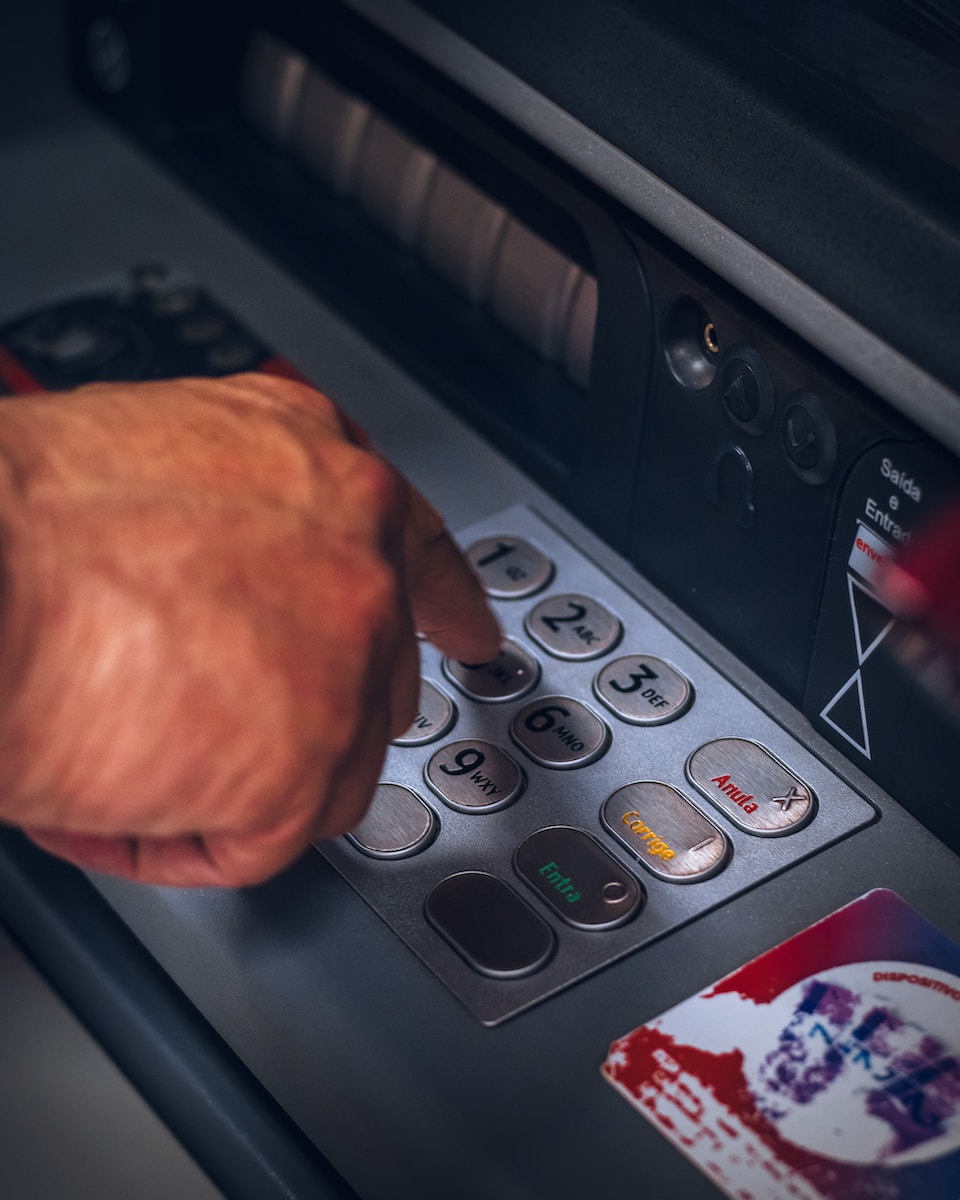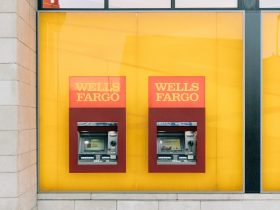Howdy there, fellow ethical spenders! I’m Susan Moneywise, your trusty companion on this journey towards more mindful personal finance. For the past four years, we’ve been diving deep into the world of ethical spending, but today, I want to tackle a topic that can leave even the savviest of us scratching our heads: Ethical Dilemmas in Personal Financial Planning.
Let’s be real for a moment—navigating the financial landscape isn’t always as straightforward as we’d like it to be. Balancing our values with our wallets can be a tricky task. So, grab your favorite cup of coffee or tea, settle in, and let’s explore some of the ethical dilemmas we might encounter on our path to responsible financial planning.
The Green Dilemma: Ethical Investments vs. Financial Returns
Picture this: You’re sitting down with your financial advisor, and they present you with two investment options. Option A promises significant financial returns but involves investing in a company known for its questionable environmental practices. Option B, on the other hand, aligns perfectly with your eco-conscious values but may yield lower returns.
Here’s the ethical dilemma: Do you prioritize your financial future, or do you take a hit for the sake of Mother Earth? It’s a real head-scratcher, isn’t it?
In situations like these, it’s essential to weigh the long-term impact of your investments. While Option A might look tempting in the short run, you have to consider the potential consequences of supporting practices that harm the environment. Plus, with the growing demand for eco-friendly investments, Option B might not be such a financial sacrifice after all.

The Sweatshop Conundrum: Ethical Consumption vs. Affordability
We all love a good deal, right? But what happens when those bargain prices come at the expense of exploited workers halfway around the globe? The sweatshop dilemma is a classic ethical quandary that many of us face when shopping for clothes, electronics, or just about anything.
Let’s say you spot a gorgeous pair of sneakers at a jaw-dropping price. They’re stylish, comfortable, and well within your budget. However, rumors abound that the company producing these kicks has a history of mistreating its factory workers.
Now, you have to decide: Do you snag those affordable sneakers or opt for a pricier pair from a brand with a more ethical track record? It’s a choice between your wallet and your conscience.
In such cases, it’s worth considering the bigger picture. You might pay a bit more upfront for ethically-made products, but you’re supporting fair labor practices and sending a message to companies that you won’t compromise on your values.
The Charity Tug-of-War: How Much to Give?
Philanthropy is a wonderful thing, but here’s where the ethical dilemma creeps in: How much should you give to charity without jeopardizing your financial well-being?
Let’s imagine you’re passionate about a particular cause, whether it’s supporting local animal shelters or contributing to a global humanitarian effort. You’ve got a fixed income, bills to pay, and financial goals to meet. So, how do you strike the right balance between being a responsible donor and securing your own financial future?
This dilemma often boils down to creating a budget that includes charitable contributions. Start by allocating a specific percentage of your income to your chosen causes. This way, you can support what matters most to you without risking financial instability.
The Social Pressure Predicament: Keeping Up with the Joneses
Ah, the age-old urge to keep up with the Joneses, or in today’s world, the Kardashians. It’s easy to fall into the trap of comparing your lifestyle to that of your peers, especially in the age of social media.
Your friend just posted pictures of an envy-inducing vacation in a tropical paradise, while your Instagram feed is filled with photos of extravagant dinners and luxury shopping sprees. It’s tempting to join the race and overspend to maintain the appearance of a glamorous life.
But wait! This is where the ethical dilemma sneaks in. Overspending to impress others can lead to financial instability, debt, and even a sense of emptiness. It’s essential to prioritize your long-term financial well-being over short-lived social validation.
Remember, Susan Moneywise’s golden rule is that true wealth isn’t measured by the number of designer handbags you own or the exotic destinations you’ve visited. It’s about financial security, peace of mind, and having the freedom to live life on your terms.
The Family Ties Test: Balancing Generosity and Financial Boundaries
Here’s a dilemma that often hits close to home: How do you balance your desire to help family members in need with the need to maintain healthy financial boundaries?
Imagine your sibling or parent is facing a financial crisis, and they turn to you for help. You want to be supportive, but you also have your own financial responsibilities and goals to consider.
This ethical dilemma can tug at your heartstrings and leave you feeling torn. On one hand, you want to provide assistance, but on the other, you don’t want to jeopardize your financial stability.

In situations like these, it’s crucial to approach them with empathy and open communication. Discuss the situation openly with your family member, set clear boundaries, and consider alternative ways to support them that won’t strain your finances. Remember, helping from a position of financial strength allows you to provide more sustainable assistance in the long run.
Conclusion: Navigating the Ethical Waters of Personal Finance
As we journey through the often murky waters of personal finance, ethical dilemmas are bound to crop up. The key is to approach them with mindfulness, consideration, and a dash of humor, just like we do here at Susan Moneywise’s corner of the internet.
Remember, financial planning isn’t just about numbers; it’s about aligning your money with your values and priorities. So, when faced with ethical dilemmas in your personal financial planning, take a step back, evaluate your options, and make choices that reflect the kind of person you want to be—someone who’s not only financially responsible but ethically sound.
Cheers to ethical spending and a brighter financial future! Until next time, keep those wallets and hearts open.

































